The Killers
Introduction
Ernest Hemingway, one of America's greatest writers won a Pulitzer and Nobel Prize, wrote 10 novels including The Old Man and the Sea, A Farewell to Arms and To Have and Have Not. He was also a journalist and short story writer and wrote The Killers in 1927. The story concerns two hitmen who enter a diner, terrorising the owner, the cook and the only customer, Nick Adams. They are there to kill 'the Swede', who always comes in for his tea at 6 o'clock. This day, however, he stays at home and when the men leave, Nick runs over there to warn him of their impending arrival. The Swede remains supine on the bed, thanks Nick for the news but tells him not to call the police.
After the Second World War, producer Mark Hellinger decided to make the film with Don Siegel as director, but Siegel was under contract at Warner - and Jack Warner hated Hellinger, so Robert Siodmak, a German émigré, was hired instead.
Siodmak and screenwriter Anthony Veiller took the story for the first scene and expanded it with the Swede telling Nick "I did something once" and Jim Reardon, an insurance investigator, trying to find out why he should choose not to run and why he left his money to a landlady who doesn't even recognise his name. Speaking to those who knew the Swede, the story is told in flashback as Reardon unravels the Swede's past...
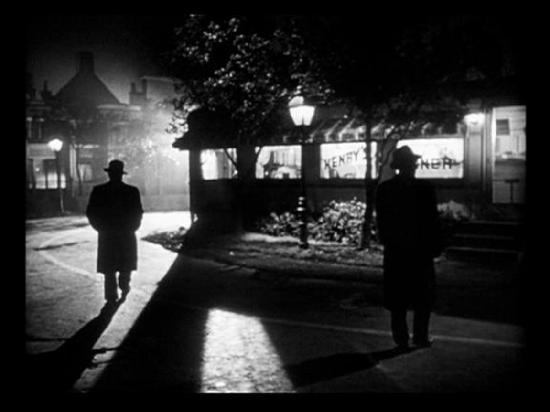
Video
This is beautifully presented and is one of the darker noirs, with chiaroscuro photography and stark, low-key lighting. The picture's apparently been remastered and it shows as there is little print damage evident and the contrast does the brilliant cinematography full justice.
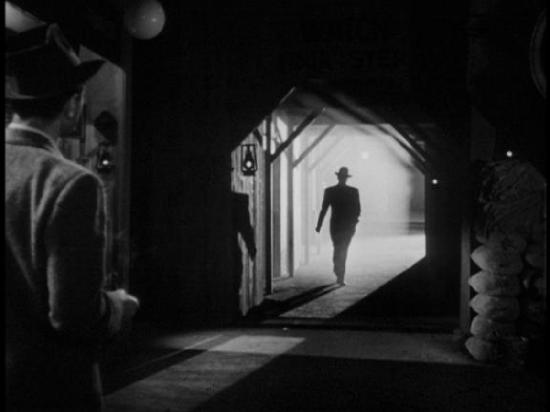
Audio
Like the picture, the audio has also been remastered and is as clear as a bell, presented in the original mono. Miklós Rózsa's score is tremendous and was adapted for the music for Dragnet.
There are excellent English HoH subtitles available, oddly they spell Anderson as Andreson.
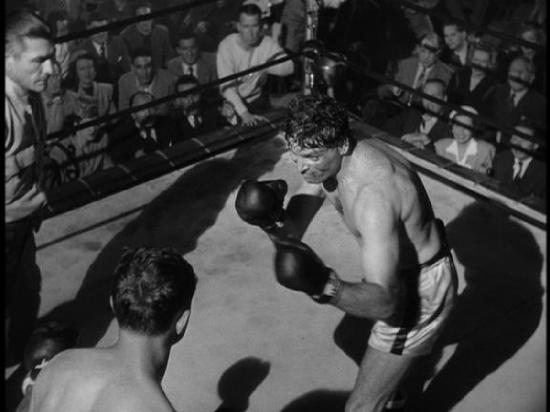
Extra Features
Andrei Tarkovsky's 1956 student film version of The Killers - whilst at the State Institute of Cinematography (VGIK), Tarkovsky and classmates Marika Beiku and Aleksandr Gordon wrote and directed a 19 minute adaptation of the short story, which met with their teacher's approval. It is a faithful and very interesting piece of filmmaking.
Video interview with writer Stuart M. Kaminsky - this film historian has written widely, including a book on Don Siegel and talk authoritatively and with interest about the 1946 and 1964 versions.
Screen Director's Playhouse 1948 Episode # 22 radio adaptation, starring Burt Lancaster and Shelley Winters ending with an interview with Robert Siodmak - the Screen Director's Playhouse was a popular radio series with short adaptations of major films, with the stars themselves appearing. This is a nice slice of '40s Americana and the interview with Siodmak is a bonus.
Actor Stacy Keach (Mike Hammer) reads Hemingway's short story - Keach does a great job with the story, putting on different voices for the characters and delivers the material superbly.
Production and publicity stills with actor biographies, rare behind-the-scenes stills gallery, original press book and ads.
Collection of trailers for Robert Siodmak films - these include Son of Dracula, Cobra Woman, The Killers, Cry of the City, and Criss Cross.
Writer/director Paul Schrader's seminal 1972 essay "notes on film noir " is included to manually navigate through and is as good a piece of literature on the subject as you will find. The paper copy is out of print, so this is almost worth the price of the DVD alone.
Essay by Jonathan Lethem (Motherless Brooklyn) - An interesting read.
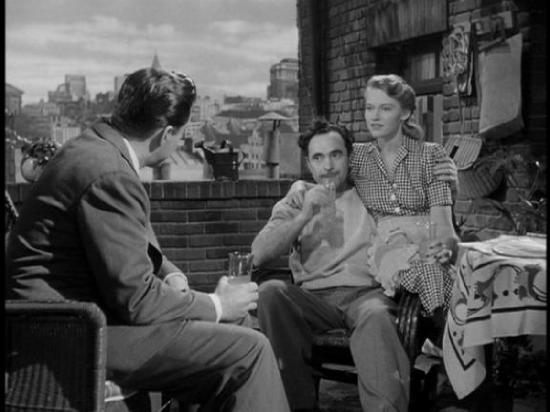
Conclusion
There are great films classed as film noir and great films made from Ernest Hemingway's writings. This is both - perhaps the definitive noir (although Double Indemnity may have as good a claim to that title) and a fantastic mystery thriller. The dialogue kept from Hemingway's short story works perfectly and the decision to drop the n-word, which was used repeatedly about the black cook, was a wise move. Siodmak's casting was inspired, picking Burt Lancaster and Ava Gardner from virtual obscurity may have seemed strange at the time, but I can't see anyone else in those roles. In 1946, Burt Lancaster was a 32 year old nobody - a former circus acrobat who had done a bit of acting in the army. Ava Gardner was similarly unknown having been largely uncredited or playing bit parts, but the two of them are immense - The Killers made Lancaster a star and Gardner one of the great screen femme fatales.
Robert Siodmak handles the multiple flashbacks with consummate ease, Elwood Bredell's photography is dark and moody and Anthony Veiller's screenplay is excellent. It's hard to express just how good this film is - it's a classic and an all-time great.
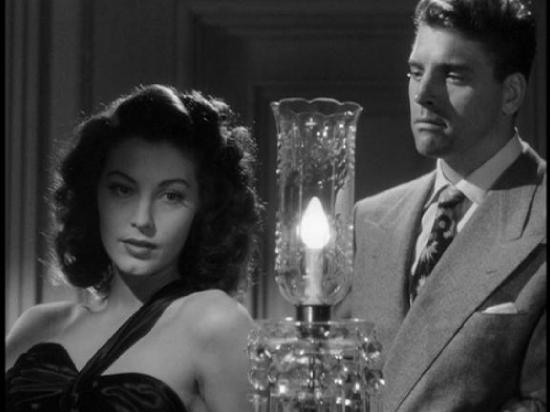
Introduction
At a school for the blind, two hitmen enter a classroom and point their guns at the teacher, who does not react beyond a look of resignation and expectation. They brutally shoot him to death and leave but then one, Charlie (Lee Marvin) wonders why the man did not try to run or defend himself in any way. He decides to delve into the man's past to find out why they were ordered to kill him, by who and why he accepted his fate so willingly.
Their investigations reveal that the dead man, Johnny North (John Cassavetes), was a racing driver who started dating Sheila (Angie Dickinson). Sheila had ties to the mobster Jack Browning (Ronald Reagan) who organised a mail truck robbery which needed a top driver to make the plan work.
This was produced and directed by Don Siegel who intended it to be the first made for TV movie, but NBC considered it too violent, especially in the wake of Kennedy's assassination, and the film was eventually released theatrically with some financial and critical success.
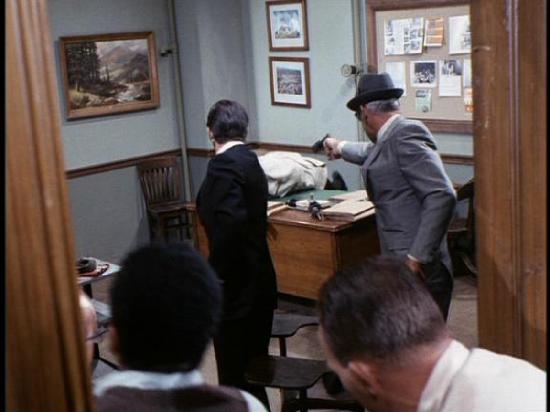
Video
This looks like a TV film with bright, almost garish, colours and presented in the 1.33:1 ratio. The picture quality is not bad although, oddly, there are more scratches than the 1946 version, despite both having a new digital transfer.
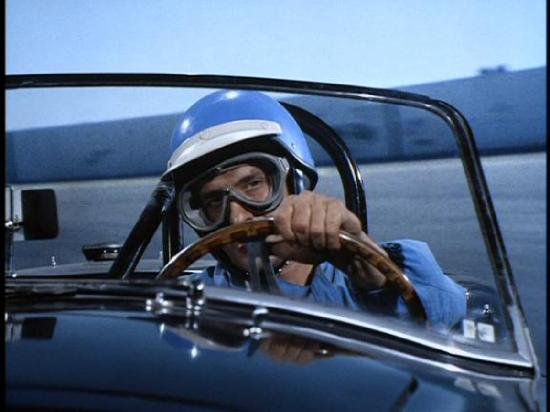
Audio
A crisp Dolby Digital 2.0 Mono soundtrack, with musical swells for the commercials and excellent English HoH subtitles.
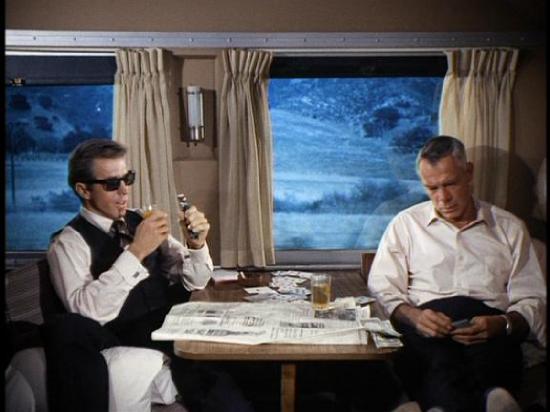
Extra Features
Reflections by star Clu Gulager - Gulager was filmed by his sons talking about his recollections of shooting and his opinions of the film. He naturally has a high opinion of the film and everyone he worked with, especially Lee Marvin.
Excerpts from Don Siegel's autobiography, A Siegel Film, pertaining to the making of the movie - Siegel reads several chapters from the book, which is lively and interesting to listen to.
Production correspondence including memos from Don Siegel, broadcast standard reports, and casting suggestions - all very interesting and welcome.
Production and publicity stills with actor biographies, rare behind-the-scenes stills gallery and advertisements - ditto.
Essay by Geoffrey O'Brien (Hardboiled America) - a good read for anyone interested in the subject.
Music and effects track - a nice option, but it's not the best score ever composed.
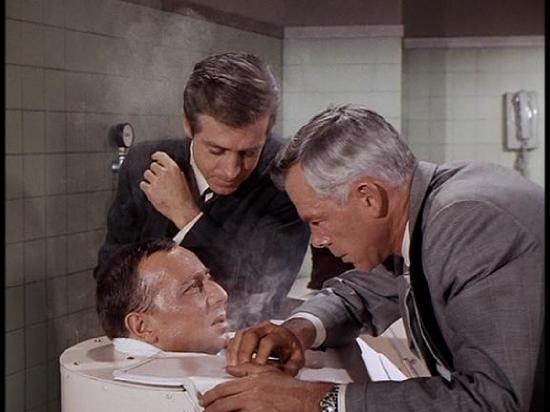
Conclusion
This, the 1964 version of Ernest Hemingway's The Killers, uses almost nothing from the short story but is well directed by Don Siegel, who Mark Hellinger wanted to direct the '46 version. It has a great performance by Lee Marvin and features Ronald Reagan in his last film where, for the only time in his career, he played a bad guy. Reagan hated the film and regretted the decision his whole life, but is very convincing as a sleazy criminal. Still, two years later he was Governor of California, so it didn't hurt his electoral prospects. This film is not as impressive as Siodmak's 1946 masterpiece but is a decent watch, especially for the heist scene and some of the racing footage.
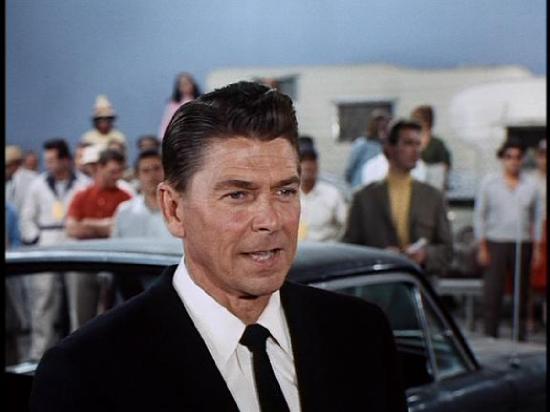
Overall Opinion
Criterion have a reputation for giving great films the best treatment - if you love a film you generally consider buying the Criterion version - and this is no exception. The work that has gone into the audiovisual restoration is outstanding and the extra features make this a superb package.
I don't consider this to be a 'double bill' - I bought it for Robert Siodmak's adaptation and regard the inferior Don Seagal version as an extra feature.
This is highly recommended for fans of film noir and gangster films.
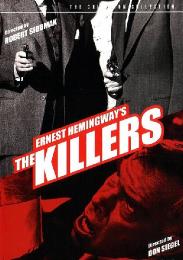


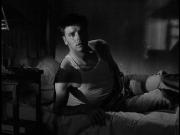
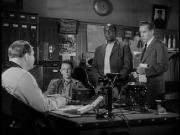
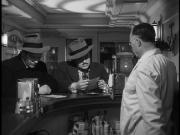
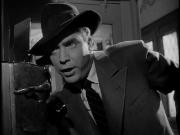

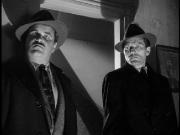




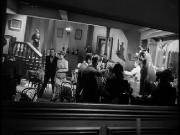
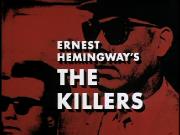
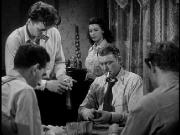

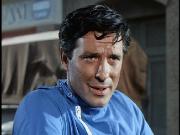
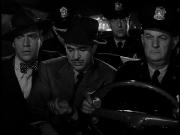
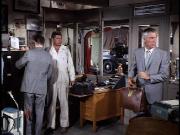
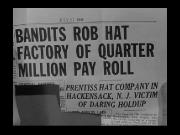
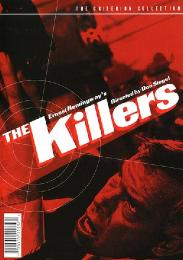
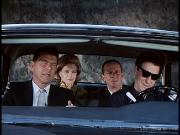
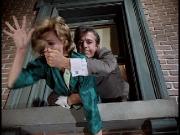

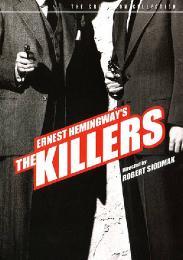
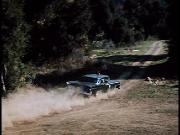
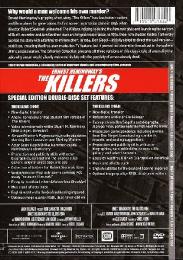
































Your Opinions and Comments
Be the first to post a comment!